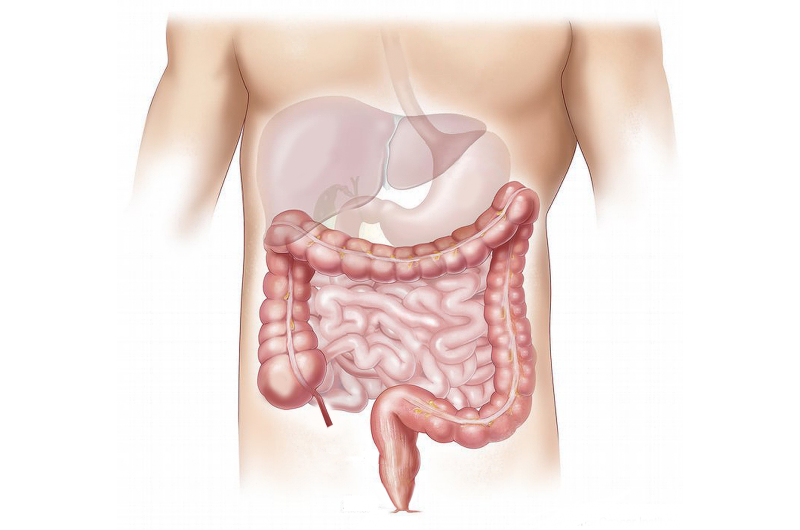Rising Trends in Depression: A Decade of Growing Prevalence

Recent data from the National Center for Health Statistics reveal a significant increase in depression rates among adolescents and adults in the United States over the past decade. Between August 2021 and August 2023, the prevalence of depression experienced a 60% rise compared to figures from 2013–2014, affecting approximately 13.1% of individuals aged 12 and older. This translates to more than one in eight Americans reporting depressive symptoms in the past two weeks.
The analysis, led by researchers Debra J.. Brody and Jeffrey P.. Hughes, utilized data from the National Health and Nutrition Examination Surveys. The findings indicate that depression is more commonly reported by females, with 16% reporting symptoms versus 10.1% of males. Younger individuals, particularly those aged 12 to 19, reported the highest prevalence at 19.2%, while the prevalence declined with age, dropping to 8.7% among those aged 60 and older.
Socioeconomic factors also play a role in depression prevalence. Individuals with family incomes below the poverty line reported higher rates of depression, with more than 20% affected. Among those experiencing depression, a large majority (87.9%) reported difficulties in work, home responsibilities, or social activities, reflecting the substantial impact of the condition. Additionally, around 39.3% of individuals with depression sought mental health care, with women more likely to have received counseling or therapy within the past year.
This upward trend underscores the growing need for mental health resources and support systems. Addressing socioeconomic disparities and increasing access to mental health services are crucial steps toward mitigating the escalating depression rates.
Source: Medical Xpress
Stay Updated with Mia's Feed
Get the latest health & wellness insights delivered straight to your inbox.
Related Articles
Innovative Online Program Supports Body Confidence in IBD Patients
A new online program developed by Flinders University aims to improve body image and emotional well-being for people with Inflammatory Bowel Disease, combining mindfulness and cognitive therapy techniques.
Understanding the 'Ostrich Effect': When Do We Start Avoiding Helpful Information?
Discover how children develop the tendency to avoid discomforting information and what this means for adult behavior. Learn about the 'Ostrich Effect' and strategies to foster curiosity and resilience.
Managing the Emotional Impact of Climate Change: Strategies to Build Resilience
Discover effective strategies to cope with the emotional stress caused by climate change. Learn how community involvement, positive framing, and eco-therapy can build resilience and foster hope.
Research Highlights Link Between Musical Sensibility and Personality Traits
New research reveals the strong connection between musical sensibility and personality traits such as openness, agreeableness, and neuroticism, highlighting the roles of genetics and environment in shaping our emotional responses to music.



